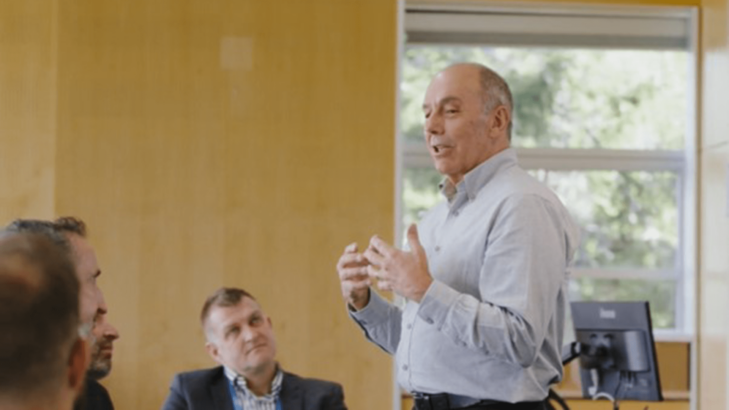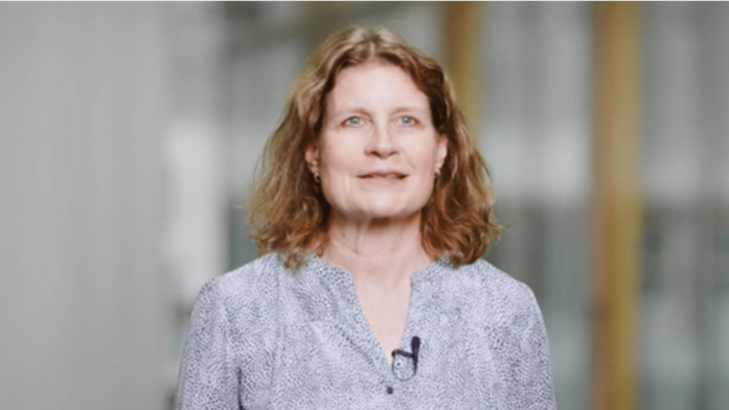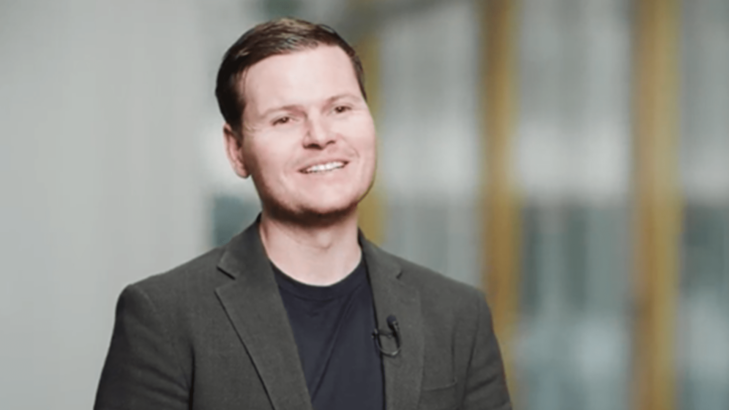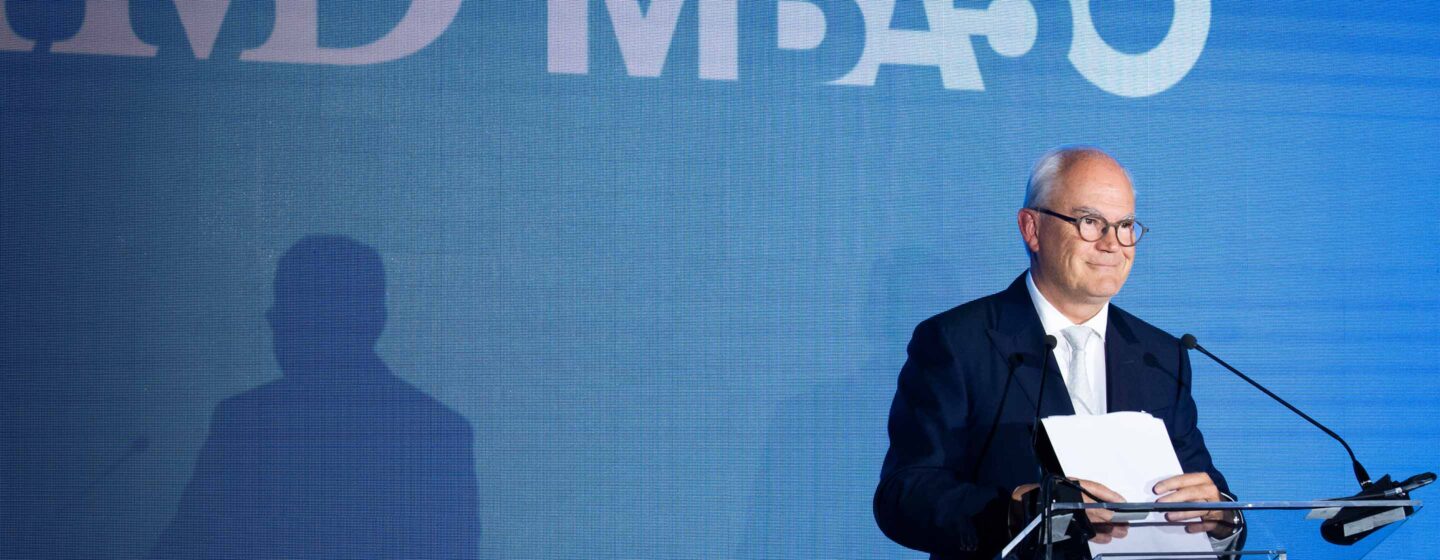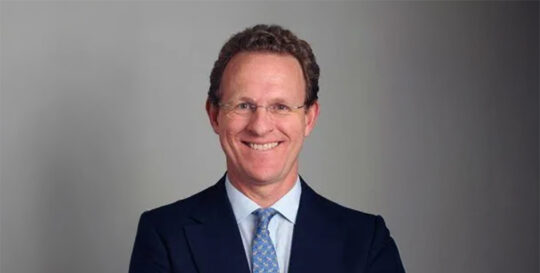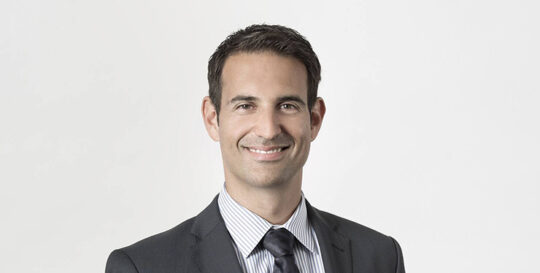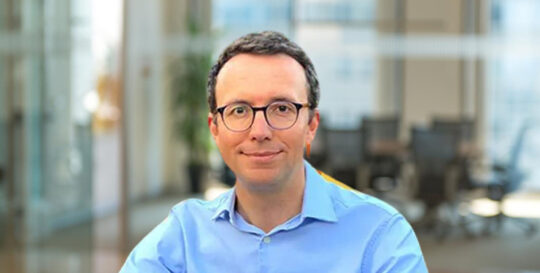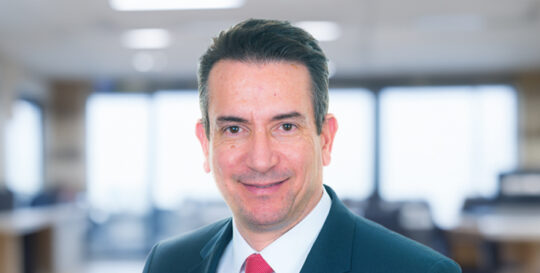


Venture Capital Asset Management
Venture capital is crucial to a thriving entrepreneurial ecosystem – but the path to becoming a successful venture capitalist, or VC investor (a limited partner), is often long and uncertain. Traditionally, this path involves a lengthy apprenticeship, potential losses for limited partners, and navigating at least one business cycle.
IMD’s Venture Capital Asset Management program is designed to accelerate your journey by providing the practical tools and insights needed to navigate the risks and opportunities of venture capital investing.
Through a unique learning journey, blending theory and practical application, you will deepen your understanding of the art of smart investment decisions. The program features two days of research and practitioner-driven learning, followed by a two-day live, competitive simulation that replicates a 10-year fund lifecycle, allowing you to apply your skills in real-world scenarios. Learn from seasoned academics and professionals in the field, partners in the industry and a rich network of peers.
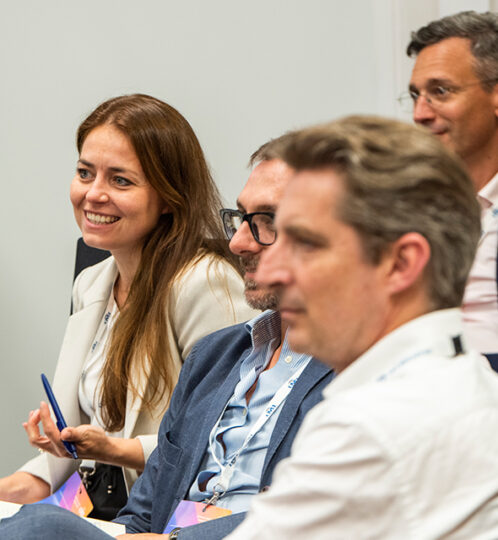
- Introduction to venture capital asset management
- Why not invest directly in startups?
- The functioning of a venture capital firm
- Term sheets and shareholder agreements
- How do you decide? 5 early-stage case examples
- The art and science of valuations
- Making the decision and extracting value
- Incorporating ESG into your decision
- Exit planning and exit dynamics
- How pension funds see venture capital
- Valuation skills and investing biases
- Fireside chat with Speedinvest
- Timeframes for success
- Preparing for the simulation challenge
- Introduction to portfolio fund management
- Navigating the 10-15 year fund lifecycle
- Strategies for venture capital funds
- Fundraising from limited partners as a professional sales process
- Term sheets and deal construction
- Constructing your portfolio
- Engaging effectively with limited partners
- Limited partner reporting
- Co-investing and building networks
- Designing your value creation playbook
- Planning your exit strategy
- Defining and delivering fund and team performance
- Closing thoughts
Length: 4 days

